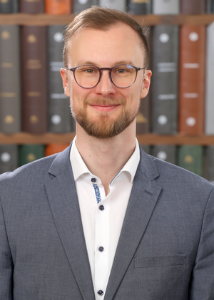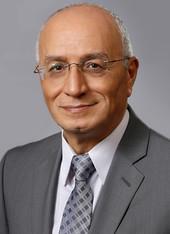In July 2022, a group of around 15 Yemeni and international analysts met in Istanbul for two days to discuss local approaches to peacebuilding in Yemen. Funded by the Regional Programme Gulf States at Konrad-Adenauer-Stiftung (KAS), and organized by Yemen Policy Center (YPC) in cooperation with Inclusive Peace (IP), a key goal of the workshop was to initiate a process for generating alternate pathways and options for addressing local manifestations of the war in Yemen. The workshop took as its starting point IP’s notions of perpetual peacebuilding and YPC’s kaleidoscope project, which found that thinking must happen beyond formal peace processes and start with the daily realities of the Yemeni people.
The workshop explored four key themes across both days, felt to be central to building peace at a local level:
The local economy and trade/business: In the context of the war, Yemen’s economy has fragmented along with its state institutions and territory. With de facto authorities in charge of relevant state institutions, there are now multiple currencies in Yemen, with charges for money transfers between the de facto areas being possible only at horrendous prices. Armed groups have blocked roads throughout the country to strengthen their control over economically important regions, and to enhance their ability to collect taxes. Alternative routes are often unpaved and run through minefields – heavily restricting both private and commercial movement. Although the share of women in the labor force has slightly increased during the war years, these local manifestations of the war, next to pre-existing patriarchal norms, means working women are subjected to more gender-based violence.
Civil society mobilization strategies beyond the usual paths: Civil society organizations and local initiatives have made important contributions to improving living conditions for communities. However, after seven years of war, the community of civil society organizations, activists and local social figures has become fragmented. After efforts have been made successfully towards a networked civil society in the aftermath of the 2011 popular uprising, coordination amongst Yemeni civil society actors has become increasingly difficult in the context of political, social, geographical and religious divisions within the country. Larger civil society organizations are competing over funding, which has become increasingly scarce over the last years, while local organizations and initiatives are restricted on the freedom of expression, association and assembly.
Pathways to rights and justice: The fragmentation of the state and security sector has meant that the rule of law has completely disappeared, with armed groups and individuals committing crimes and violations of human rights without repercussions. While security and justice institutions continue to function despite the impossible odds, influential groups and people regularly interfere in the work of police and justice actors, making the application of the law difficult. Access to security and justice institutions has become inequitable, with especially women and marginalized groups unable to claim their rights and seek justice.
Local state institutions and alternative pathways to institutional resilience: In the context of state fragmentation and the economic crisis, local state institutions have received a smaller share of the government budget. To continue operating, these institutions have begun to commercialize services i.e. expect payment from users in exchange (such as in the police sector) for the services or have increased prices (for example in the health sector or electricity). In other cases, private companies have stepped in and supplied services that should be in the hands of the public (for example water or electricity), but these services are offered at such prices that they have become inaccessible to a majority of Yemenis. How could such services become more equitable? And what opportunities arise from the circumstance that communities are expected to pay for them, changing the relationship between state institutions and the community.




